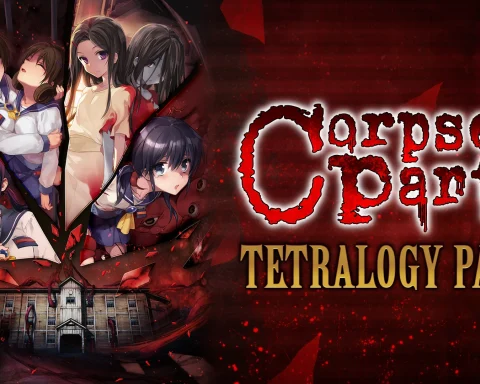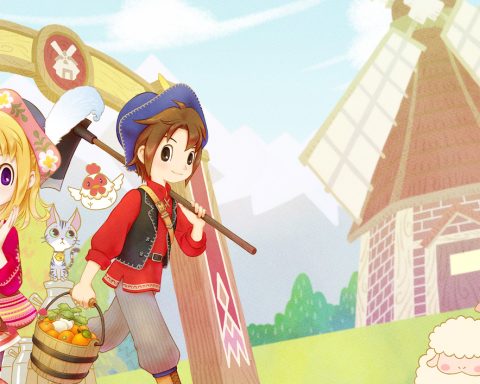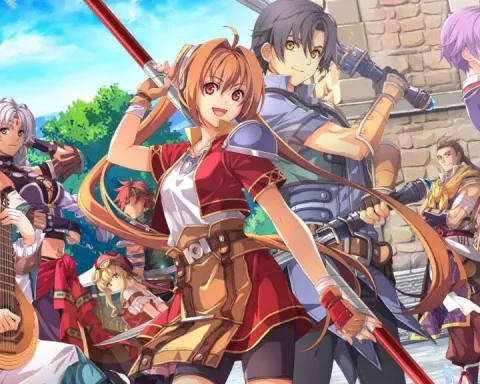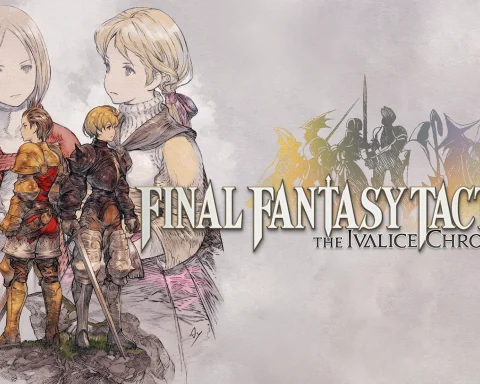Sony has today announced that a major initiative that is has been running overseas, PlayStation First, is being brought to Australia in collaboration with indie publisher, Nnooo, and the Academy of Interactive Entertainment (AIE).
Related reading: Nine Aussie developers discuss why 2015 was the best year for indie games down under.
PlayStation First has been an initiative that has already produced PieceFall, a game developed by some students out of the UK. Essentially, it’s Sony’s way of getting aspiring developers in higher education environments access to to the tools that allow them to create games for the PlayStation 3, 4 and Vita platforms. Through the program they are provided with PlayStation SDKs and support, and then in partnership with the AIE and Nnooo those students can then publish their work in a commercial environment on the PlayStation 4.
This is a truly brilliant concept, as it allows local developers, right out of college, to have console games on their resume. Equally brilliantly, for Sony it means that an entire wave of game developers out of college in Australia are experienced at working with Sony architectures, and producing games that are exclusive to those platforms.
Finally, it’s great for Nnooo, which gets to publish a wide range of games indeed, and the AIE, which can showcase a wide range of commercial projects as having been led from its education system. It’s also a win for the local Australian games industry, which will be bolstered with experienced talent and fledgling studios with their own IP, and consumers, who get a bunch of new games to play.
I had a brief chat with Nic Watt, Creative Director at Nnooo, to talk about what this initiative means to the Australian industry (and Nnooo) in greater depth.
Digitally Downloaded (DD): Why do you think this initiative is important to Australian game development?
Nic Watt (NW): We think that it is important for the Australian industry to grow and expand at all levels from incubating small, new, local talent to big development and publishing houses. By working with burgeoning local talent at AIE we feel we can lend them our expertise and knowledge to hopefully help them realise their dream and publish their first game to console.
It is important the any industry forms a network of ties from big to small companies so that together the industry becomes stronger, more diverse and versatile. By helping share our knowledge and learnings with student teams hopefully we can be part of that.
DD: With the number of game developers that we’ve lost overseas, do you think this initiative in itself will help to keep the local industry growing as well?
As I said above I think it is vital to the survival of the local industry that we grow to have a diverse range of companies, sizes and revenue streams. If you look at Canada and the UK they are having a lot of success due to a vibrant game development scene which sees people moving from University to jobs in Ubisoft or EA to then, once they have a lot of experience, returning to Indie development and having lots of success with highly polished quirky and different titles. This then puts good, qualitative, pressure on all sections of the industry and individuals to do better and be better. Students have to compete more so their quality goes up, companies have to compete for hires so their quality goes up and indies have great experiences learning from working at major studios so their quality goes up.
In Australia we have a really vibrant Indie scene and we feel that it is important that we build up the other areas of the industry. We need some big studios underpinning the economy and we need to build up the talent graduating from games degrees and courses so that all forms of employers have an increased talent pool to draw from.
DD: How does this initiative compare with what Sony’s rivals are doing to incubate new game developers?
I think incubating developers to this level is something which is fairly new. All of the major platforms have procedures for working with established teams or people who forms new teams but have experience. With the advent of indie development and successes all of them are forming strategies on how to work with and nurture up and coming teams.
Sony have been building their PlayStation First initiative over many years and it is my understanding that the intention is to both give students experience on hardware in advance of getting a job in the industry and more recently to help fresh indie teams to publish their first game on console.
We hope that we can lend our experience to help these teams realise their dreams and focus on the areas they have key skills in while we support with the rest.
DD: How much of your own studio’s time will be taken up to help publish these games?
As we have bene transitioning to more publishing we are putting more and more time towards helping all of our publishing partners get the best production, design, marketing and business support. Currently we are spending at least one day a week with the Sydney AIE Incubator and Students and are looking to find ways to be able to do the same with the other campuses AIE has.
The important thing for us to ensure that all the teams we work with realise that as a publisher it is our job to let you focus on the areas you are great at, usually making the game, while we support by covering all of the other areas. Fortunately the teams we are working with both in and out of education are realising how handy this can be!
DD: What is your role in the initiative beyond publishing support?
With the student teams we are acting in a cross between director, producer and publisher. As many of these teams have never shipped a game we are working with them to help identify what is fun, what they need to do to ship the game, what they need to polish and so on. We basically cover all of the areas of developing, marketing and publishing the game.
DD: What are you looking for in student projects that will make them stand out as potentially commercial works?
NW: We are looking for fun, polished games which are not just making something which exists already.
DD: How does this fit in with Nnooo’s broader publishing business?
This is another component to our publishing business. From our point of view it is an important part of broadening the industry.
DD: What is some of the most impressive work that you’ve seen come out of this initiative so far?
NW: We are really happy and proud of all of the titles we have signed. We wouldn’t publish or work with a team we didn’t feel was working on something fun and interesting.
– Matt S.
Editor-in-Chief
Find me on Twitter: @digitallydownld







